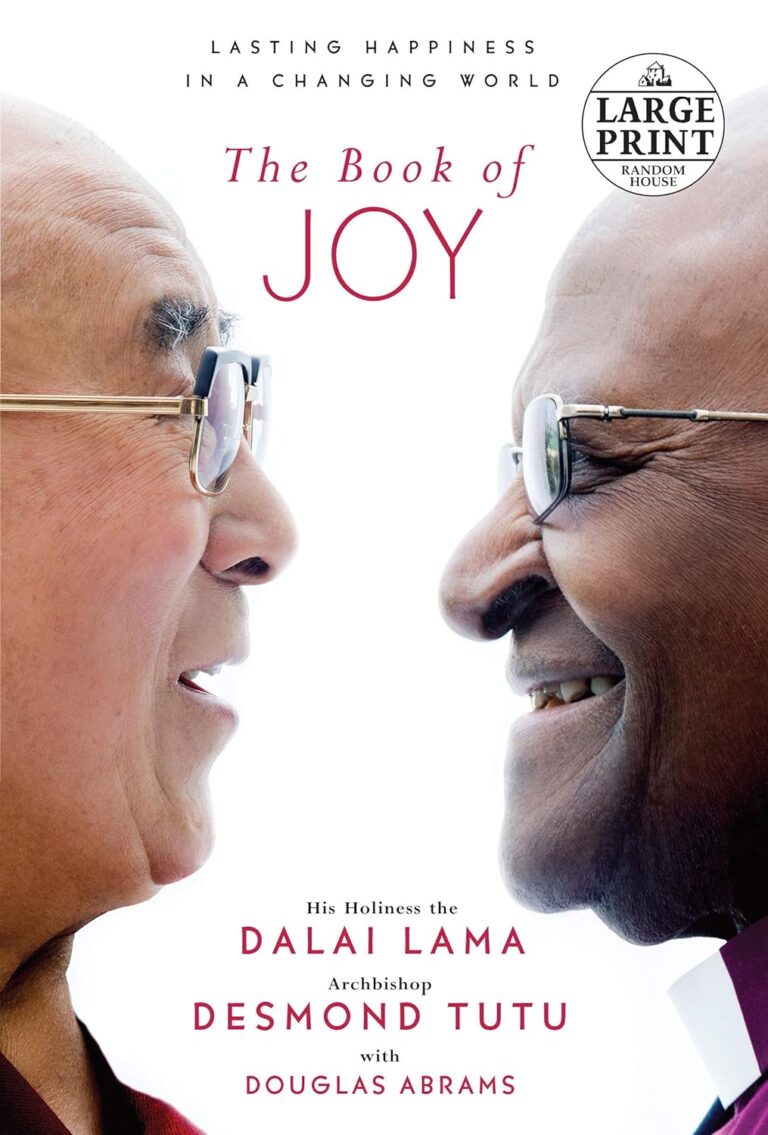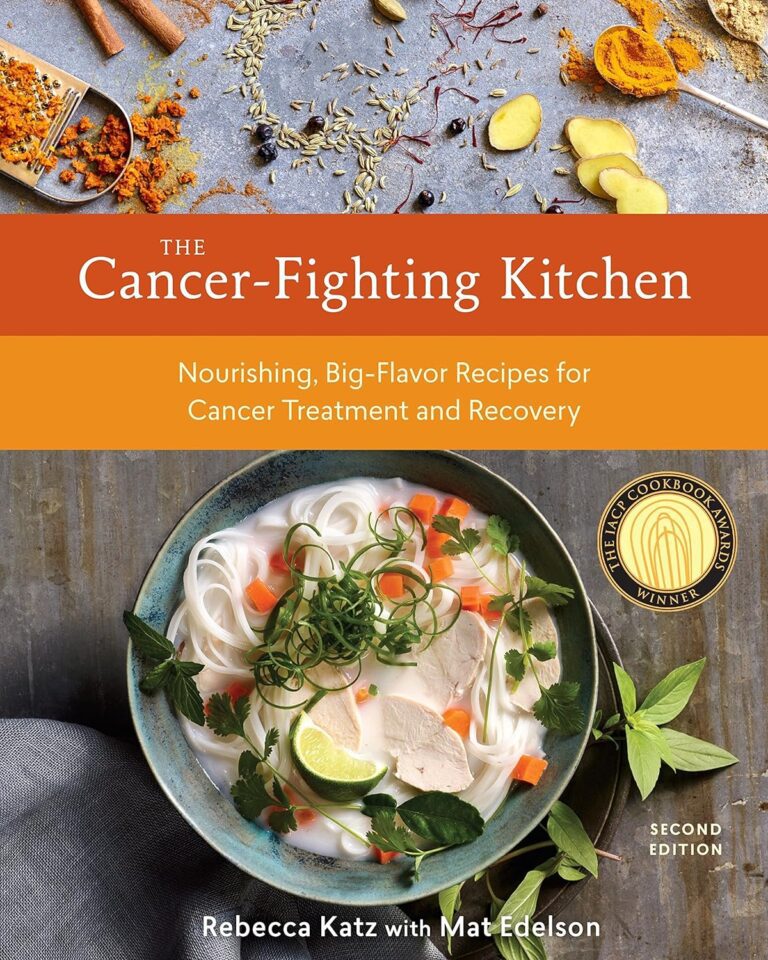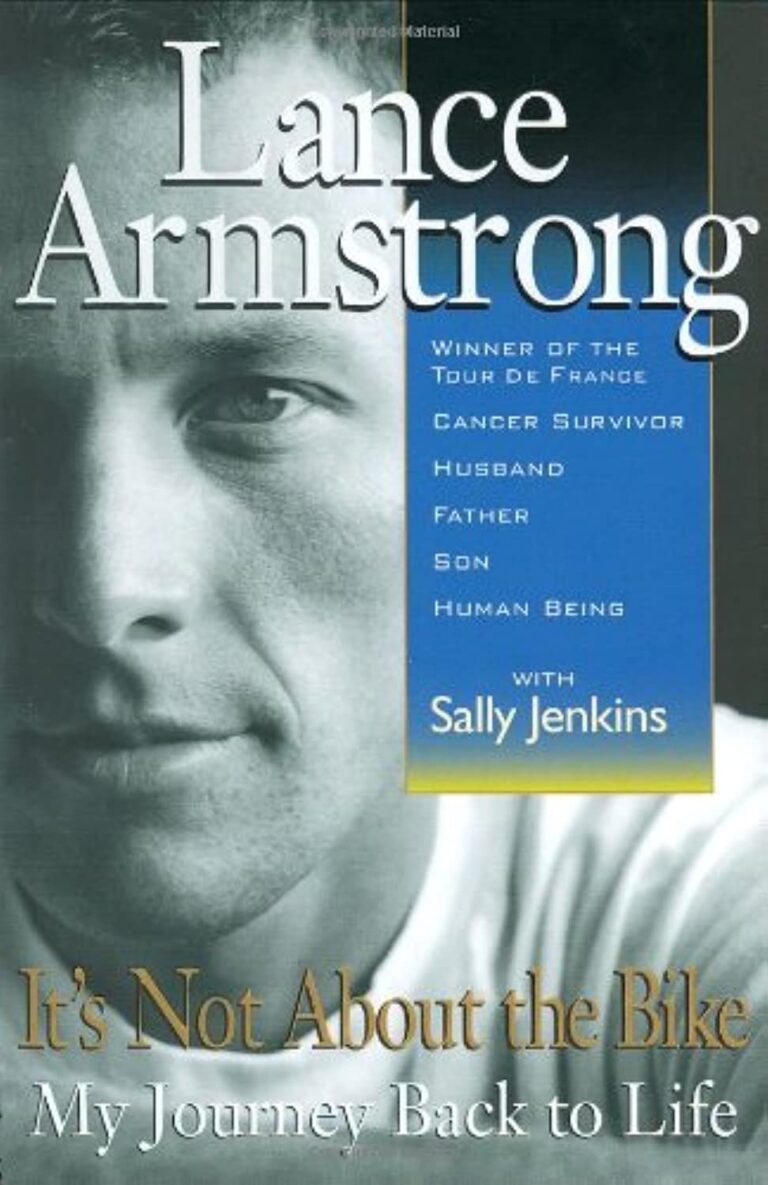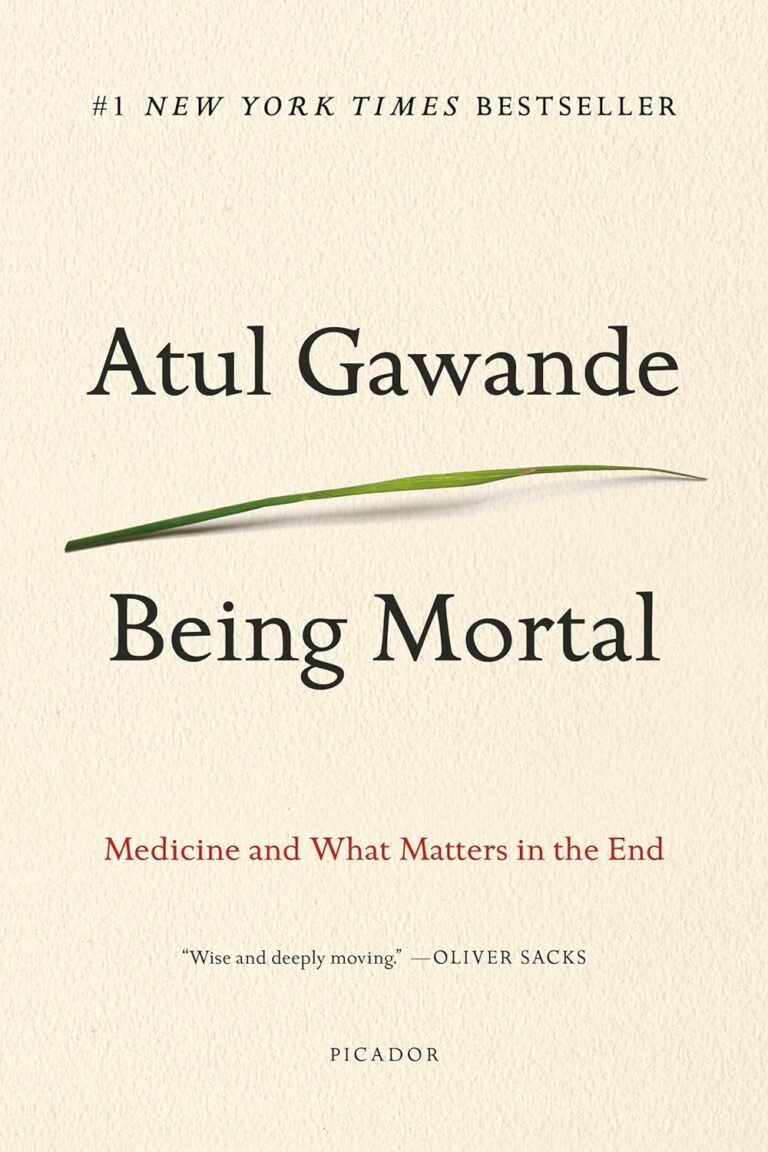
What Is Cryotherapy?
Cryotherapy, also known as cold therapy, is a medical technique that involves exposing the body to extremely cold temperatures for therapeutic purposes. This can be achieved through various methods, including whole-body cryotherapy (WBC), localized cryotherapy, and ice baths. The goal is to reduce inflammation, alleviate pain, and promote healing.
Historical Background
The concept of cryotherapy isn’t new. It dates back to ancient times when civilizations like the Egyptians and Greeks used cold baths to treat various ailments. However, modern cryotherapy as we know it has evolved significantly and is now used in diverse fields, including cancer treatment and sports medicine.
Cryotherapy in Cancer Treatment
Freezing Out Cancer Cells
Cryotherapy, also known as cryoablation or cryosurgery, is a cutting-edge treatment method that harnesses extreme cold to target and eliminate cancer cells. This approach is particularly applicable to cases of localized prostate cancer, where the disease has not spread beyond the prostate gland.
Additionally, cryotherapy can be considered a viable option for individuals whose prostate cancer has recurred within the prostate following radiotherapy. It’s important to note that access to cryotherapy for prostate cancer in the UK is limited and primarily available at specialized centers or as part of clinical trials, highlighting its status as an innovative and specialized medical intervention.
Cryotherapy vs. Traditional Cancer Treatments
Cryoablation offers several advantages over traditional cancer treatments. It is less invasive, requires shorter recovery times, and can often be performed on an outpatient basis. Moreover, it has shown promising results in treating certain types of tumors, especially in the early stages.
The Role of Cryotherapy in Medical Sports
Enhancing Athletic Performance
Athletes are perpetually in pursuit of strategies that can provide them with a competitive edge, and cryotherapy has emerged as a favored solution among many.
By subjecting their bodies to subzero temperatures, athletes aim to unlock a range of benefits that can elevate their performance on the field, track, or court. Cryotherapy offers a multi-faceted approach to enhancing athletic prowess.
Post-Workout Recovery
After enduring strenuous workouts and rigorous training regimens, athletes often grapple with muscle soreness and fatigue. Cryotherapy steps in as a post-workout recovery ally, helping athletes bounce back more rapidly.
By subjecting their bodies to freezing temperatures, cryotherapy effectively reduces muscle inflammation and accelerates the healing process. This swift recovery not only minimizes downtime but also allows athletes to maintain their training consistency.
It’s no wonder that many sports professionals have wholeheartedly integrated cryotherapy into their routines, recognizing its potential to aid in their quest for peak performance.
The Science Behind Cryotherapy
How Does Cryotherapy Work?
Cryotherapy’s effectiveness hinges on its ability to temporarily constrict blood vessels, which leads to a reduction in blood flow to the treated area. This constriction, in turn, helps alleviate inflammation and pain—a crucial aspect of both recovery and performance optimization.
Additionally, cryotherapy prompts the release of endorphins, the body’s natural painkillers, further contributing to the overall sense of well-being.
Cryotherapy and Inflammation
Inflammation is a shared element in both cancer and sports-related injuries, and this is where cryotherapy truly shines. By targeting and mitigating inflammation, cryotherapy becomes an invaluable asset in the context of injury recovery and performance enhancement.
The cold exposure’s ability to curb inflammation helps athletes recuperate more swiftly and perform at their best.
Benefits of Cryotherapy
Pain Relief
Cryotherapy serves as a natural analgesic, offering pain relief without the need for medications. Whether individuals are grappling with cancer-related discomfort or post-workout soreness, cryotherapy can provide effective relief.
This makes it an appealing option for those looking to manage pain in a non-pharmaceutical manner.
Improved Circulation
The exposure to extreme cold temperatures during cryotherapy sessions induces a temporary constriction and subsequent dilation of blood vessels. This phenomenon significantly enhances circulation, facilitating improved oxygen and nutrient delivery to various parts of the body. This heightened blood flow plays a crucial role in the healing and recovery processes.
Enhanced Immune Function
Regular cryotherapy sessions have been associated with a notable boost in immune function. This translates to a more robust defense against illnesses and infections.
A strengthened immune system is especially valuable for athletes, as it helps reduce the risk of illness-related disruptions to their training and performance schedules.
Get to know us better
If you are reading this, you are in the right place – we do not care who you are and what you do, press the button and follow discussions live

Risks and Side Effects
Frostbite and Skin Damage
While cryotherapy is generally considered safe, it’s not without risks. Overexposure or improper use can lead to frostbite and skin damage.
To minimize these risks, it is imperative to adhere to guidelines and seek guidance from trained professionals who can ensure safe and effective cryotherapy sessions.
Hypothermia
In exceptionally rare cases, excessive cold exposure during cryotherapy can lead to hypothermia, a potentially life-threatening condition.
To prevent such occurrences, it is imperative to have trained professionals oversee cryotherapy sessions, closely monitoring the individual’s response to the treatment and ensuring their well-being throughout the process.
Cryotherapy’s Growing Popularity
The phenomenon of cryotherapy’s rising popularity is underscored by two significant trends: the endorsement of this therapy by celebrities and top athletes, as well as the proliferation of specialized cryotherapy clinics.
Celebrities and Athletes on the Cryotherapy Bandwagon
Cryotherapy’s journey from an innovative medical technique to a mainstream wellness practice owes much to its endorsement by influential celebrities and elite athletes.
Countless notable figures from the entertainment and sports industries have publicly attested to the manifold benefits of cryotherapy. They often share their personal experiences, crediting cryotherapy for enhancing their health and performance.
This powerful celebrity endorsement has not only demystified cryotherapy but has also spurred interest among the general public. When individuals see their favorite actors, musicians, or sports icons embracing cryotherapy as a key part of their health and fitness routines, it resonates with them, sparking curiosity and driving the adoption of this therapy on a broader scale.
Cryotherapy Clinics on the Rise
As the demand for cryotherapy continues to surge, specialized cryotherapy clinics are cropping up in cities worldwide. These clinics are equipped with cutting-edge technology and staffed by trained professionals who ensure safe and effective cryotherapy sessions.
This trend reflects the growing recognition of cryotherapy as a valuable wellness and medical intervention. These clinics provide controlled environments that prioritize client safety while offering a wide range of cryotherapy treatments, including whole-body cryotherapy, localized cryotherapy, and cryofacials.
As access to cryotherapy becomes more convenient through these dedicated centers, more individuals can experience the potential benefits of this innovative therapy, further cementing its position in the realm of modern health and well-being practices.
Case Studies: Real-Life Success Stories
Cancer Remission through Cryotherapy
The compelling success stories of cancer patients who have undergone cryoablation paint a picture of hope and progress in the realm of oncology. For many individuals grappling with this relentless disease, cryotherapy has emerged as a ray of optimism.
These remarkable cases reveal instances where tumors, once formidable adversaries, have succumbed to the freezing power of cryotherapy. In some instances, tumors have dramatically shrunk, and in others, they have disappeared entirely.
These outcomes underscore the potential of cryoablation as an alternative or adjunctive treatment for various types of cancer, offering new possibilities and renewed hope on the journey to remission.
Athletes Bouncing Back with Cryotherapy
The stories of countless athletes who have harnessed the benefits of cryotherapy in their pursuits are nothing short of inspiring. Cryotherapy has carved out a significant role in sports medicine, enabling athletes to rebound swiftly from injuries and elevate their performance to new heights.
These athletes testify to the pivotal role cryotherapy plays in their recovery journeys, whether it’s recuperating from sports-related injuries like sprains and strains or optimizing their overall physical condition.
Cryotherapy’s ability to reduce muscle soreness, enhance endurance, and expedite recovery has become an integral part of many athletes’ training regimens, emphasizing its status as a game-changer in the world of sports and fitness.
Precautions and Contraindications
Who Should Avoid Cryotherapy?
When considering cryotherapy, it’s crucial to recognize that this therapy may not be suitable for everyone. Individuals with certain conditions, such as cold sensitivity, circulatory issues, or uncontrolled hypertension, should exercise caution or avoid cryotherapy altogether.
Furthermore, individuals with severe cardiovascular conditions, Raynaud’s disease, or a history of frostbite should consult with a healthcare professional before embarking on cryotherapy sessions.
Safety should always be a top priority, and a thorough assessment by a medical expert will help determine whether cryotherapy is an appropriate choice.
The Future of Cryotherapy
Ongoing Research
As the popularity of cryotherapy continues to grow, ongoing research is at the forefront of exploring its potential applications. Beyond its already established role in cancer treatment and sports medicine, scientists are investigating the therapy’s efficacy in addressing various other medical conditions. These endeavors hold the promise of expanding the scope of cryotherapy’s benefits, potentially offering novel and effective solutions in the field of healthcare.
Expanding Applications
With the surge in interest surrounding cryotherapy, it’s reasonable to anticipate its application in innovative and diverse ways. This could potentially lead to a revolution in how we approach health and wellness. From addressing chronic pain and autoimmune disorders to exploring its potential in mental health and anti-aging treatments, the expanding applications of cryotherapy offer an exciting glimpse into the future of medical and holistic therapies.
As research progresses and safety protocols improve, cryotherapy may emerge as a cornerstone in the pursuit of overall well-being.
Conclusion
Cryotherapy’s journey from ancient cold baths to cutting-edge cancer treatment and sports recovery is nothing short of remarkable. Its ability to alleviate pain, reduce inflammation, and enhance overall well-being is opening new doors in medicine and sports.
However, it’s essential to approach cryotherapy with caution, seeking professional guidance and understanding its limitations. As the science behind cryotherapy continues to evolve, so too will its applications, promising a chillier, brighter future.
FAQs About Cryotherapy
- What are the risks of cryotherapy?
Cryotherapy is generally safe but can pose risks like frostbite and hypothermia if not used correctly. Professional supervision is advised.
- How does cryotherapy help athletes?
Cryotherapy reduces muscle soreness, enhances endurance, and promotes quicker recovery, making it a valuable tool for athletes.
- Can cryotherapy cure cancer?
Cryotherapy, specifically cryoablation, has shown promise in treating certain types of cancer, but it’s not a guaranteed cure. Consult with a medical professional for personalized advice.
- Is cryotherapy suitable for everyone?
Not everyone should undergo cryotherapy, especially individuals with cold sensitivity or certain medical conditions. Consult with a healthcare professional before trying it.
- Are there any long-term effects of cryotherapy?
Long-term effects are still being studied, but cryotherapy has shown potential benefits like improved immune function and pain relief.

















Comments
Thank you. Comment sent for approval.
Something is wrong, try again later